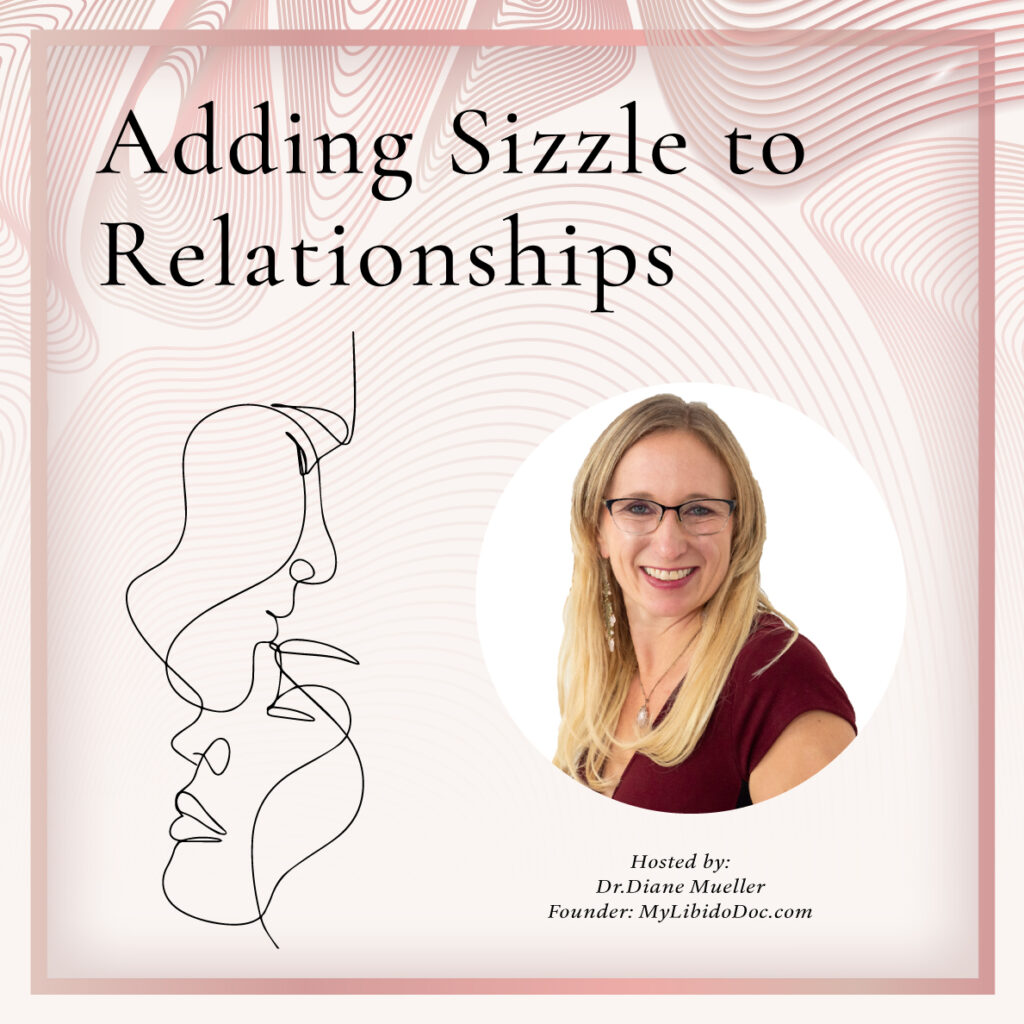Hey there! Ever wonder, “What separates being turned on from finding someone attractive?” When we’re turned on or feeling a little frisky, it’s like we have this inner spark that’s longing for a bit of bedroom fun. Now, when we say someone is super attractive or just plain hot, what we mean is there’s something about them – maybe their looks or their aura – that pulls us in without them even trying. It’s really an instinctive thing; it kind of sneaks up on us without us having to consciously choose to feel that way. So hang tight as we dive into these thoughts to better understand your own unique sexual landscape.
Key Takeaways
The term sexual desire, also referred to as libido, denotes an inherent biological impulse for engaging in sexual activities. This can vary on a day-to-day basis. On the other hand, sexual attraction embodies an innate reaction towards certain individuals, influenced by a multitude of factors such as physical characteristics and personality attributes.
Sexual desire does not invariably require a specific object of desire; instead, it can be influenced by a myriad of factors including emotional bonds and individual necessities. Furthermore, sexual attraction is predominantly subjective and demonstrates significant variations across different individuals and cultural contexts.
A multitude of elements contribute to sexual desire, encompassing hormones and physical health. Instruments such as the Sexual Desire Inventory-2 (SDI-2) can be effectively utilized to comprehend these aspects and to get a better understanding of your sexual profile.
Sexual attraction serves as a potent force that transcends mere physical desire. It frequently interweaves with other types of attractions, including aesthetic, romantic, and emotional dimensions, thereby contributing to the comprehensive ‘chemistry’ experienced towards individuals.
Understanding Sexual Desire vs Sexual Attraction
Delving into the nuances of sexual drive, it’s pivotal to clarify the distinction between sexual desire and sexual attraction. While superficially these terms seem interchangeable, there’s a marked difference that effectively tailors your understanding of sexuality.
Exploring sexual desire first, it’s essentially your craving or drive for sexual activity. It’s a more biological aspect of sexuality, often influenced by various factors such as hormones and physical wellbeing. For instance, an increase in libido can boost sexual desire, steering a person toward seeking sexual satisfaction.
In contrast, sexual attraction is that magnetic pull you feel toward a specific individual. It’s not merely about the physical act of sex but rather driven by various attributes that captivate you about another person. Factors influencing this attraction could extend from physical attributes to emotional connection and personal quirks. It’s highly subjective, differing from person to person and from culture to culture.
Sexual Desire
Meaning and Definition
Sexual Desire, often equated with libido, signifies an urge or longing for sexual activity. It is a multi-dimensional phenomenon, greatly influenced by both physical and emotional variables. It can be viewed as an interplay of hormonal, biological, and psychological factors. Yet, it doesn’t necessarily need an object of desire; you might have sexual thoughts even when you’re alone. While it can be stimulated by attraction, such isn’t always the case.
If you’ve ever felt a stir in your heart, a craving not just for the act of sex, but perhaps an emotional connection, that’s your sexual desire speaking. It’s more than just an on-the-spot feeling; it’s a facet of you that longs for something beyond the immediacy of the moment.
Factors Influencing Sexual Desire
Understanding the factors that influence your libido can help you navigate its ebbs and flows. The Sexual Desire Inventory-2 (SDI-2) provides a window into understanding this driving force. Through a Likert-type scale, the SDI-2 probes into both solitary and dyadic desire. In simple terms, it assesses how your desires influence your behavior when you’re alone and while engaging with a partner.
This tool can provide insights into your unique sexual profile, helping you discover the range and depth of your sexual thoughts. In doing so, it underscores the idea that sexual desire represents more than just physical attraction; it’s a window into your personal preferences, needs, and how you seek to meet those needs.

Sexual Attraction
Meaning and Definition
Sexual attraction is a force that makes you desire sexual contact or show sexual interest in another person. It’s part of the broad spectrum of human attractions which also include aesthetic, romantic, sensual, emotional, and intellectual attraction. Sexual attraction doesn’t exist in isolation; it often intertwines with these other forms of attraction. For instance, when you find someone pleasing to your eyes, or their intelligence turns you on, these forms of attraction are playing a role in the overall ‘chemistry’ you feel towards them.
The Similarities and Differences Between Desire and Arousal
Sexual Arousal Happens in the Body
Sexual arousal is your body’s physical response to sexual stimuli. It’s the heat that flares up when you’re turned on, and yes, it’s all about the body. Your pulse quickens, your breath deepens, and your body preps itself for sexual activity. This somatic response can happen without you even realizing! It’s an automatic function controlled by the autonomic nervous system – often dubbed the ‘fight or flight’ system.
Curious about your arousal? Pay attention to physical sensations like increased heart rate, rapid breathing, and intense warmth buzzing just beneath your skin, especially around your erogenous zones. It’s your body’s way of signaling readiness.
Sexual Urges Happen in the Brain
On the other hand, sexual desire – often referred to as libido – works in the mind. It’s a nuanced, psychological phenomenon fueled by a cocktail of hormones, neurochemicals, and personal traits. Unlike arousal, which hinges primarily on physical sensations, sexual desire is a mental appetite, a craving for intimacy, pleasure, or sexual release. Female Sexual Desire, specifically, can be influenced by a variety of factors, from reproductive cycles to emotional state to relationship status.
Your body might respond to sexual stimuli (arousal) without necessarily feeling desire. It’s like spotting a decadent dessert that triggers salivation but not having the actual urge to devour it.
Conclusion
There’s a difference in understanding how your body gears up for sex (that’s arousal) versus what your mind craves (that’s desire). This understanding can make your relationships by realizing that these two parts, even though they’re tied together, are unique pieces of your sexuality puzzle. Once you get this, you’ll be able to speak up about what you want more clearly, boosting both your personal ties and sexy time satisfaction. Remember, it isn’t just the act itself, but the desire and arousal leading up to it that counts. So go ahead and spend some time getting to know your sexual self – because it plays a major role in making you who you are!
References:
Rosen, R., & Bachmann, G. (2008). Sexual Well-Being, Happiness, and Satisfaction, in Women: The Case for a New Conceptual Paradigm. Journal of Sex & Marital Therapy, 34, 291 – 297.




